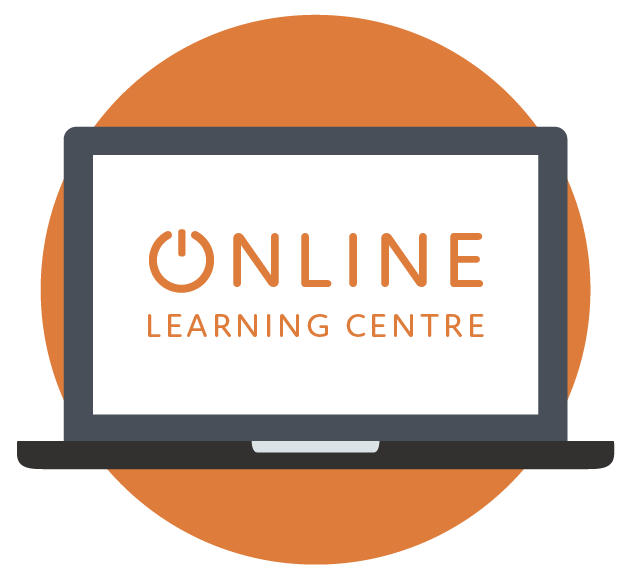-
Trade Publishing 7
-
So you’ve completed a draftLecture1.1
-
What is trade publishing?Lecture1.2
-
The supply chainLecture1.3
-
Preparing for publicationLecture1.4
-
CompetitionsLecture1.5
-
SubmissionLecture1.6
-
ContractsLecture1.7
-
-
Independent Publishing 7
-
What is independent publishing?Lecture2.1
-
Why go independent?Lecture2.2
-
Beta readers, editing and proofreadingLecture2.3
-
Making your bookLecture2.4
-
DesignLecture2.5
-
Pricing and metadataLecture2.6
-
Cultivating reviewersLecture2.7
-
-
Hybrid and other models 7
-
What is ‘hybrid’ publishing? 30 minLecture3.1
-
The amplified author 30 minLecture3.2
-
The control continuum 30 minLecture3.3
-
Subscription 30 minLecture3.4
-
Building communityLecture3.5
-
Managing workflow 30 minLecture3.6
-
The next steps 30 minLecture3.7
-
So you’ve completed a draft
This course begins at the point where many early-career writers assume their work ends. You have spent the time, sacrificed, and sweated the words out to a complete work.
Congratulations! Many would-be writers begin a work, but far fewer complete it. So, take a moment to savour the experience.
But only take a moment, because now is where the work really begins.
The term ‘publishing’ is huge and all-encompassing, but it is not monolithic. Publishing comes in all shapes and sizes and every successful writer finds their own pathway through the publishing industry.
In this course, we will mostly focus on the book publishing industry, but the general guidelines can be applied to journals, magazines and other periodical publications as well.
Book publishing can be divided into two broad categories that we will cover in this course:
- Trade publishing (also called ‘traditional’ publishing)
- Independent publishing (also called ‘self-publishing’)
Why do you want to publish?
Rather than simply assuming publication as a logical end point of your work, it’s worth taking some time to think about precisely why you’re seeking publication. What precisely do you see publication as a means to acquiring? Your reasons may fall into one or more of the following categories:
- Art
- Entertainment
- Money
- Influence
- Power
Books are beautiful objects and it’s rare to find an author who doesn’t appreciate seeing their hard work distilled into a neat package and eye-catching cover, whether on a bookstore shelf or listed on its own page at a retailer’s web site.
But a book is a means to an end: a connection between writer and audience. A published work is a nice thing to have, but it’s the audience the work reaches that actually drives a writer’s career.
